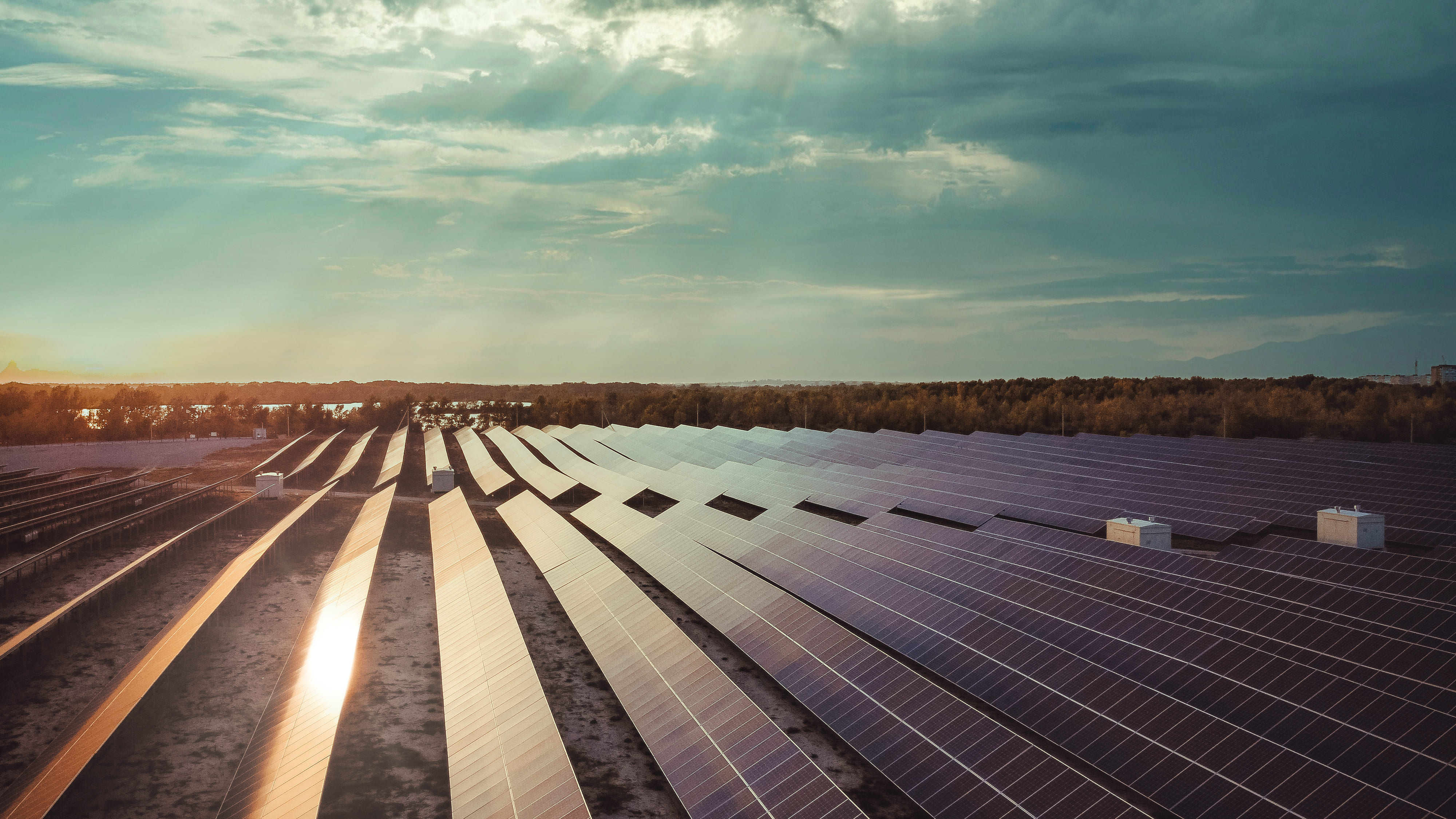

The Brazilian energy sector remains one of the most promising avenues for attracting foreign investment, fueled by the global push for energy security and the transition to renewable sources. In this context, the federal government has sanctioned Provisional Measure No. 1,300/2025, published in May 2025, representing the most comprehensive reform of Brazil’s electricity sector in over two decades. The measure outlines guidelines for the gradual opening of the free energy market, modernization of energy contracting and commercialization mechanisms, and expanded incentives for renewable energy generation. These changes aim to strengthen legal certainty, increase competitiveness, and attract new investments, while promoting a more efficient, transparent, and favorable environment for the expansion of the country’s energy infrastructure.
A notable feature of the new legislation is its focus on the battery energy storage sector, a critical technology for stabilizing the intermittent output of solar and wind energy. Battery storage is expected to be included in the upcoming Capacity Reserve Auctions (LRCAP) scheduled for the second half of 2025. These auctions are likely to attract private investment in thermal generation, hydrogen, and biomethane.
We’ve seen a growing trend toward integration across different energy sources. There are already thermoelectric projects linked to biofuel production, and this ecosystem of complementary solutions is set to expand with the adoption of new auction models. - Paula Padilha Cabral Falbo
One standout in Brazil’s evolving energy matrix is biomethane, which is gaining traction under public programs supporting decarbonization, particularly the National Biofuels Policy (RenovaBio). While regulatory barriers still limit large-scale contracting, biomethane holds high potential, especially in regions with a thriving agricultural sector.
Although Brazil’s energy sector is not directly affected by trade tensions between the United States and China, the supply chains for equipment such as solar panels and batteries may present strategic investment opportunities. Brazil stands to benefit if the current scenario results in easier import conditions or the establishment of manufacturing facilities within the country, thereby supporting the expansion of local production capacity.



Want to stay updated with all of our
latest news and information? Enter
your email below and we’ll add you
to our mailing list.
.webp)